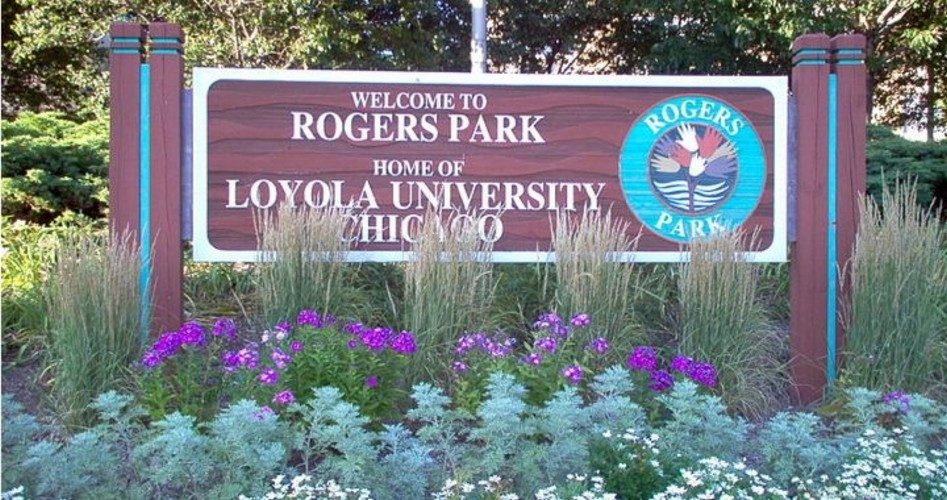
The second installment of property taxes due from Chicagoans hit their mailboxes over Independence Day weekend, thus proving the adage that “if one didn’t like taxes without representation, he certainly won’t like taxes with representation.”
William Phillips of Rogers Park (one of 77 communities on the far north side of Chicago) was almost first in line at the assessor’s office on Tuesday, hoping to complain to someone about his bill. “Our taxes increased fivefold,” he stated. “I was expecting [them] to go up maybe twice as much but not four to five times as much.”
Right behind him was Cornes King of Chatham, who told ABC7 News: “My tax bill increased almost $1,200.” Next in line was Janelle Squire of Logan Square, who exclaimed, “The city’s piece more than tripled!”
They shouldn’t have been surprised. For decades Chicago politicians have been making promises to unions that they knew they couldn’t keep — in order to obtain their support. Politicians are now being forced by a judge to try to keep those promises by taking huge swaths out of the hides of unsuspecting taxpayers.
Part of the problem, aside from political corruption ranging from Mayor Rahm Emanuel to State House Speaker Michael Madigan, is the reluctance to face the enormous liabilities those politicians have incurred over the past decades. Chicago Business magazine didn’t help any with its “revised” calculation of just how much those pension plans are underfunded. On July 8 it reported that the shortfall was a stunning $24 billion, which was bad enough, especially when compared to the city’s annual budget of less than $10 billion. The magazine appeared to minimize the shortfall by subtracting non-liquid assets (physical plants, etc.) from the total liabilities ($66 billion), an amount nearly seven times the city’s annual expenditures, to come up with a shortfall of just $24 billion. But it is highly unlikely that the city is going to sell off its physical assets to pay its bills.
The problem has been exacerbated for years by actuaries assuming unrealistically high investment returns, which had the happy effect of hiding much of the real shortfall between revenues and future expenditures to pay benefits. But under new rules by the Government Accounting Standards Board (GASB), actuaries were forced to reduce the estimated returns on invested funds from 7.5 percent annually to a still very generous 5.0 percent.
When the state legislature tried to cut pension benefits, a judge ruled the effort unconstitutional, leaving just one avenue open: higher taxes. The state enacted the highest property tax increase in history just five years ago — some $31 billion — but that wasn’t enough. Last December Mayor Emanuel announced new taxes exceeding $1 billion a year, with the biggest hit coming on July 1.
Here are the new taxes being levied on Chicagoans:
• The city’s property tax hike, which is projected to generate about $400 million the first year;
• An increase in the garbage collection fee: $63 million;
• New “Uber” and taxi fee hikes: $48 million;
• Netflix and “cloud” taxes: $40 million;
• Building permit fee hike: $13 million;
• “Vaping” tax: $1 million;
• Cook County sales tax increase: $474 million;
• Hotel tax hike: $15 million;
• Lawsuit fee hike: $5 million;
• Ticket-reseller tax: $750,000;
• Ammo tax: $320,000; and
• Increased fees for vehicle-boot removal (the city charges a fee to remove a parking boot from a car — for illegal parking, etc. — in addition to the fine levied for the misdemeanor), failure to remove snow from business sidewalks, and individuals driving without insurance: $2.2 million.
These taxes will be used almost entirely to fund the shortfalls in three of the city’s four pension plans. The teachers’ pension plan will have to wait until next year, when Chicagoans will be stiffed another estimated $250 million annually to help close its gap.
Despite the increase in taxes, the city still won’t come close to contributing what it should to those plans, which are currently eating up 12 to 15 percent of their assets to pay out benefits.
The straitened circumstances haven’t impacted the city or county politicians’ penchant for spending, however. In just the last year they added another $1 billion in its outstanding general obligation debt, with the city slated to spend $84 million more than it will take in this year and the county on track to increase its spending by $500 million.
When ABC7 News asked Cornes King about the $1,200 increase in her tax bill, she stated: “I don’t think I’m getting the services for what I’m paying for.”
Of course she isn’t. She’s paying for the services rendered, and not paid for, years and years ago. The bill is just now coming due.
A graduate of an Ivy League school and a former investment advisor, Bob is a regular contributor to The New American magazine and blogs frequently at LightFromTheRight.com, primarily on economics and politics. He can be reached at [email protected].
Related article:
Illinois Governor Vetoes Plan to Reduce Chicago’s Pension Contributions



